Narcotic Bowel Syndrome Requires Withdrawal Gastroenterology
Narcotic bowel syndrome requires withdrawal gastroenterology. Characteristically periods in which the patient remains free of pain shorten over time often despite increasing opioid. 3day and desipramine 50 mg. Select psychological and pharmacologic therapies for patients with opioid withdrawal and pain associated with narcotic bowel syndrome.
A slower taper may be required to prevent withdrawal in these individuals. 23 The central defining feature of narcotic bowel syndrome is that of escalating abdominal pain that frequently worsens as the analgesic effect of opioids wanes between doses. Such narcotic use does not have to be long-term as the syndrome can develop after just a couple of weeks of use.
By 10 weeks of hospitalization a diagnosis of narcotic bowel syndrome was made and the morphine was withdrawn completely over 6 days. In fact many clinicians are unaware that continued opioid prescription can cause iatrogenic exacerbation of the very pain being treated. Narcotic bowel syndrome NBS Abdominal pain is the predominant symptom Progressive and paradoxical increase in pain despite continued or escalating dosages of narcotics prescribed to relieve the pain Under recognized.
Key Results Ninetyeight patients 69 returned the survey. Localized to the gastrointestinal GI tract and is an often underrecognized side effect of opioid use. One condition that was considered rare until recently is narcotic bowel syndrome NBS.
Hs was also prescribed By the time of discharge she reported about 75 reduction in pain symptoms. Respondents had taken opioids for 10 days to 10 years median 365 days at a. The RomeII criteria were used to define bowel disorders.
The two major gastrointestinal side effects of opioids use are opioid-induced bowel disorders OIBD and narcotic bowel syndrome NBS. Narcotic bowel syndrome NBS is characterized by a paradoxical increase in abdominal pain that is associated with continuous or increasing dosages of narcotics. I have read.
Explain how long-term use of opioid drugs leads to bowel dysfunction. The underlying pathophysiological mechanisms of narcotic bowel syndrome are incompletely understood.
By 10 weeks of hospitalization a diagnosis of narcotic bowel syndrome was made and the morphine was withdrawn completely over 6 days.
I have read. Narcotic bowel syndrome was first recognised in 1983 in the context of long-term often escalating opioid therapy. 23 The central defining feature of narcotic bowel syndrome is that of escalating abdominal pain that frequently worsens as the analgesic effect of opioids wanes between doses. The most common OIBD is opioid-induced constipation OIC. Narcotic bowel syndrome NBS Abdominal pain is the predominant symptom Progressive and paradoxical increase in pain despite continued or escalating dosages of narcotics prescribed to relieve the pain Under recognized. Explain how long-term use of opioid drugs leads to bowel dysfunction. Narcotic bowel syndrome Intestinal pseudo-obstruction Opiates Opiate antagonists Loperamide Morphine Clonidine Opiate withdrawal syndrome Intestinal motility disorder. In addition clonidine and TCAs. Narcotic bowel syndrome NBS is.
A slower taper may be required to prevent withdrawal in these individuals. Yawning rhinorrhoea lacrimation sweating restlessness vomiting abdominal cramps and diarrhoea are the cardinal symptoms of withdrawal but hyperalgesia and allodynia are. The underlying pathophysiological mechanisms of narcotic bowel syndrome are incompletely understood. Select psychological and pharmacologic therapies for patients with opioid withdrawal and pain associated with narcotic bowel syndrome. In some reports clonidine has been used to help control symptoms of withdrawal during this process. Although narcotic bowel syndrome is rarely diagnosed given the current epidemic of opioid use it is likely to be under-recognised. 1Department of Gastroenterology University of Pittsburgh Medical Center 200 Lothrop Street.



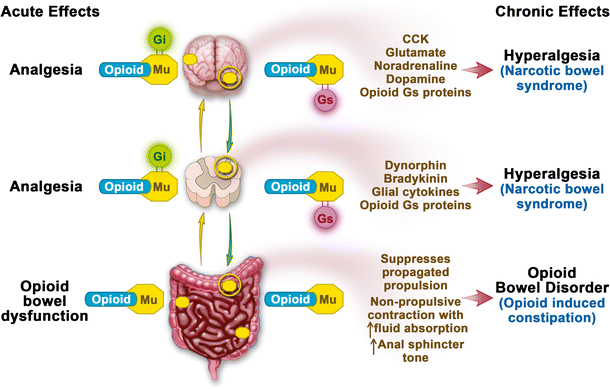
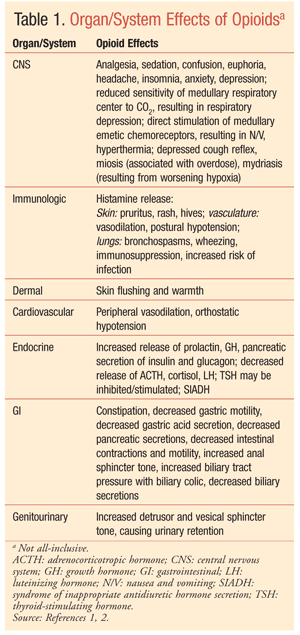




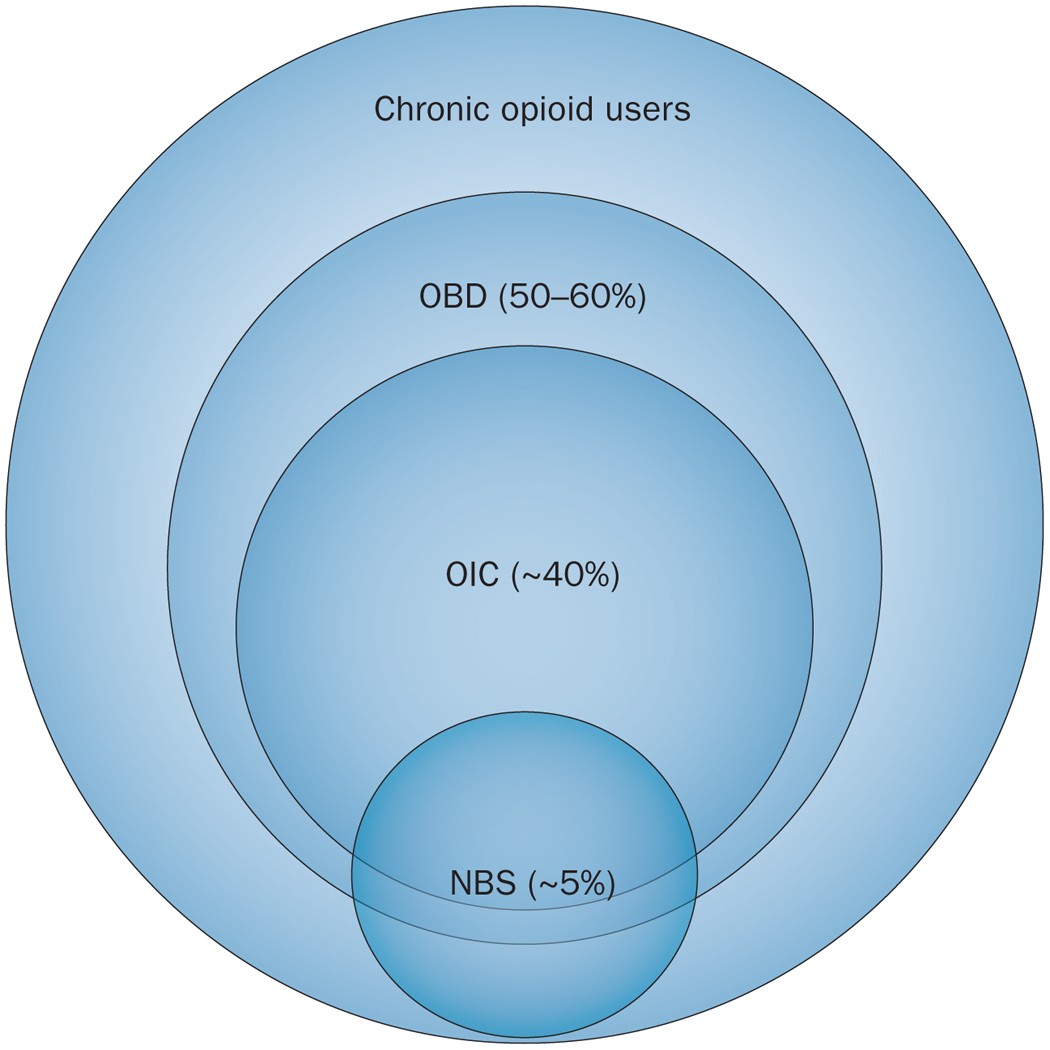
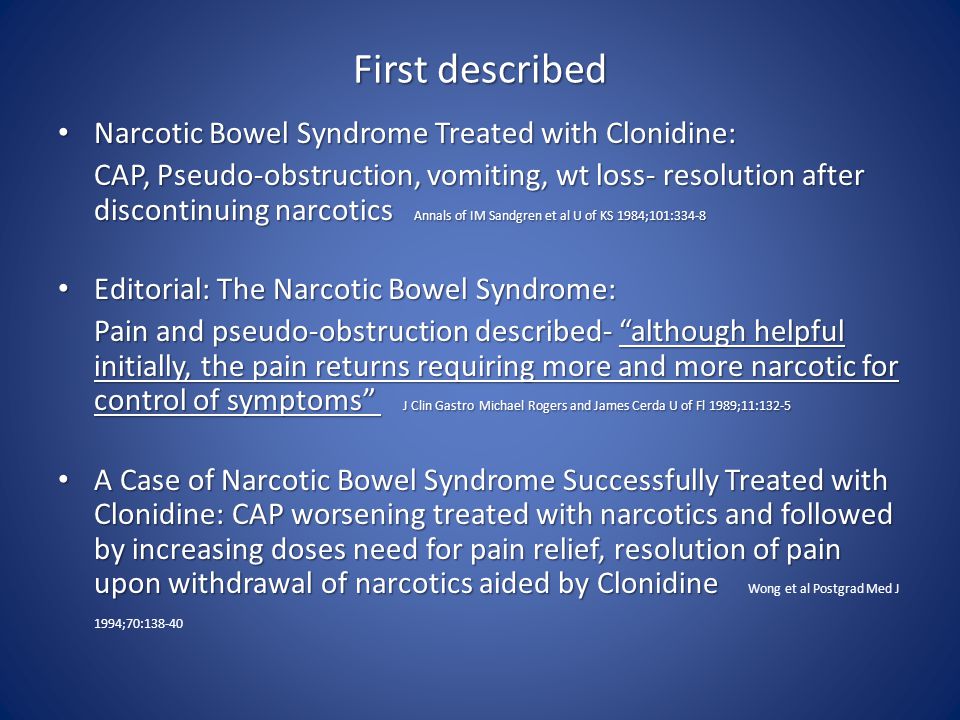
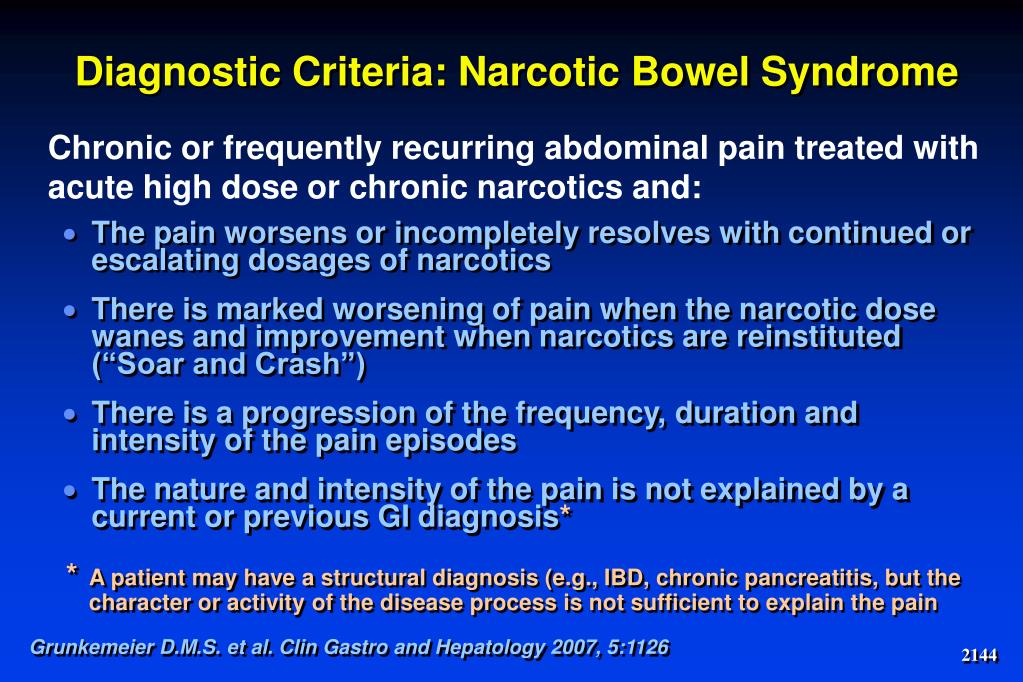



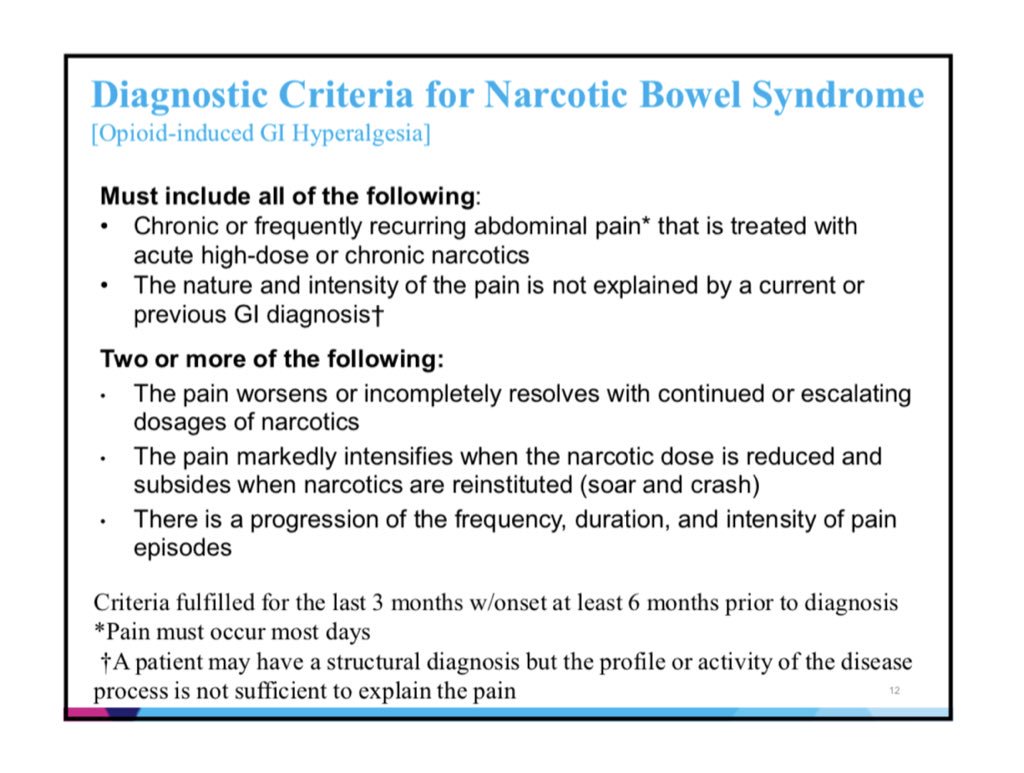




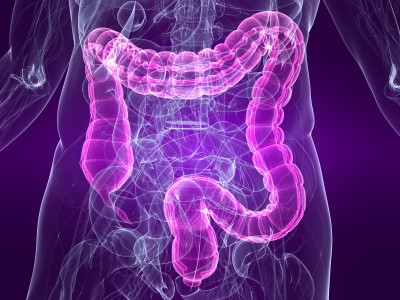







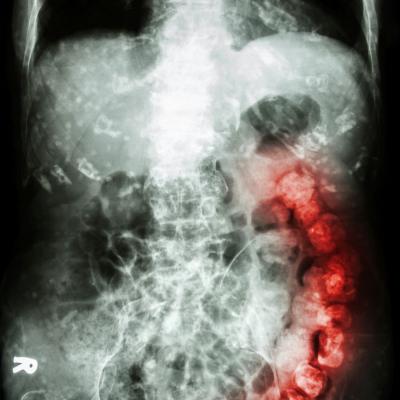
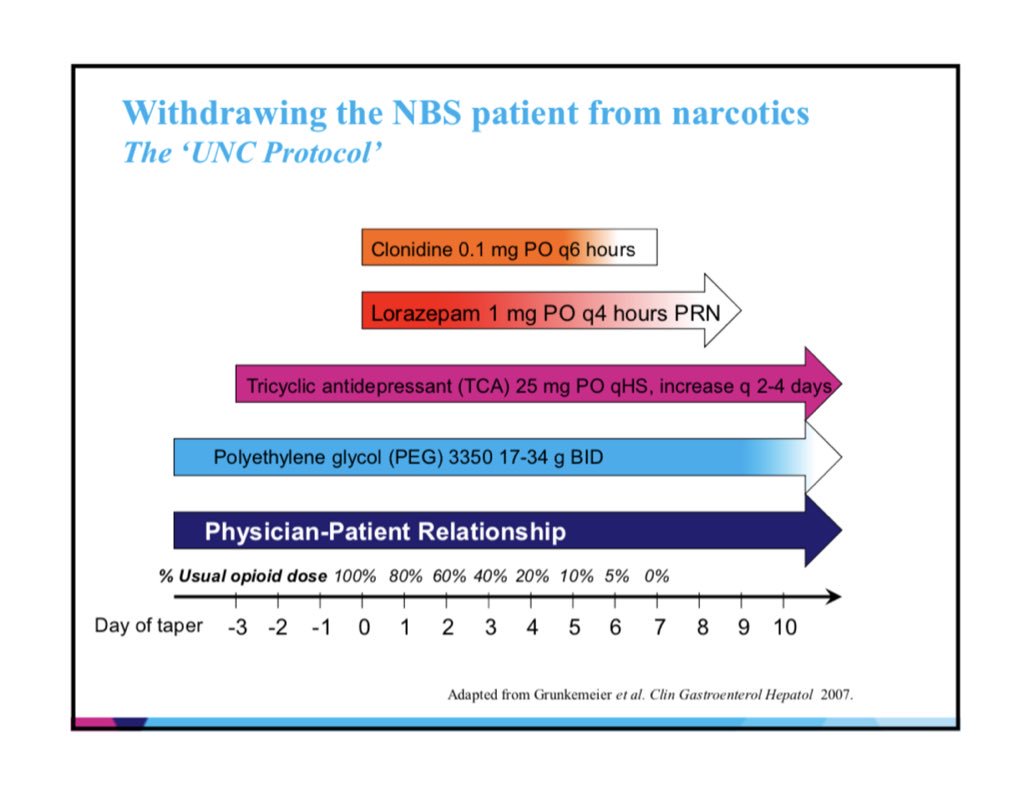



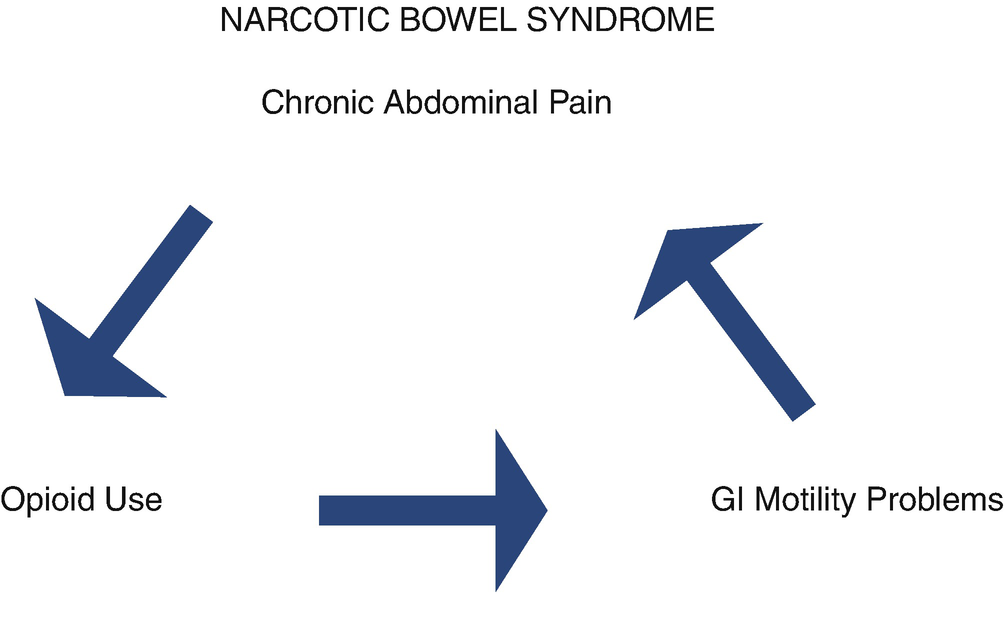
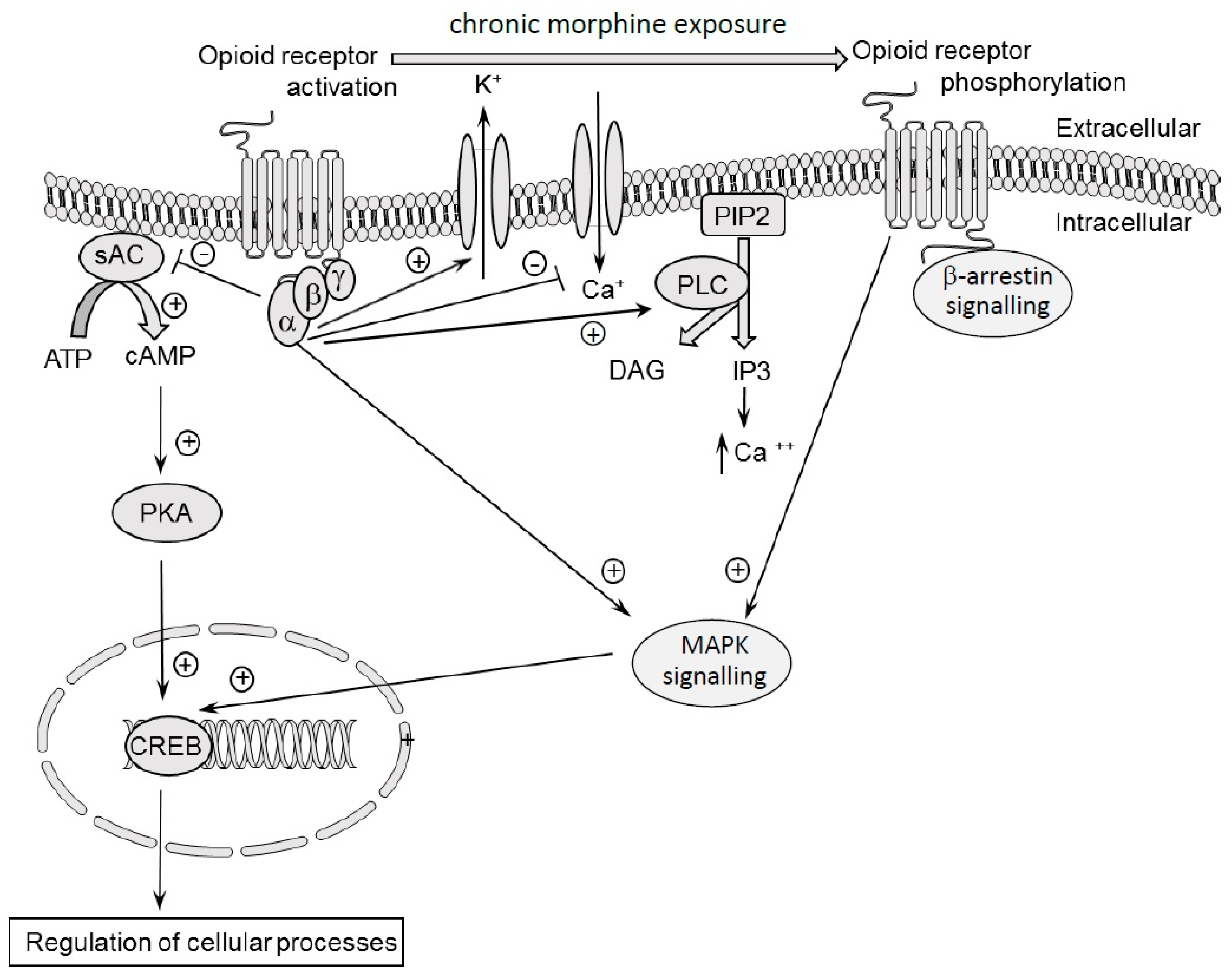
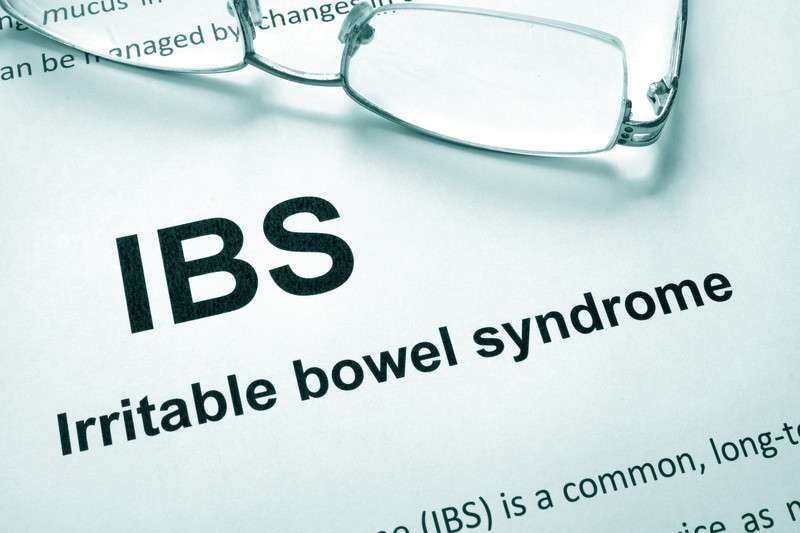



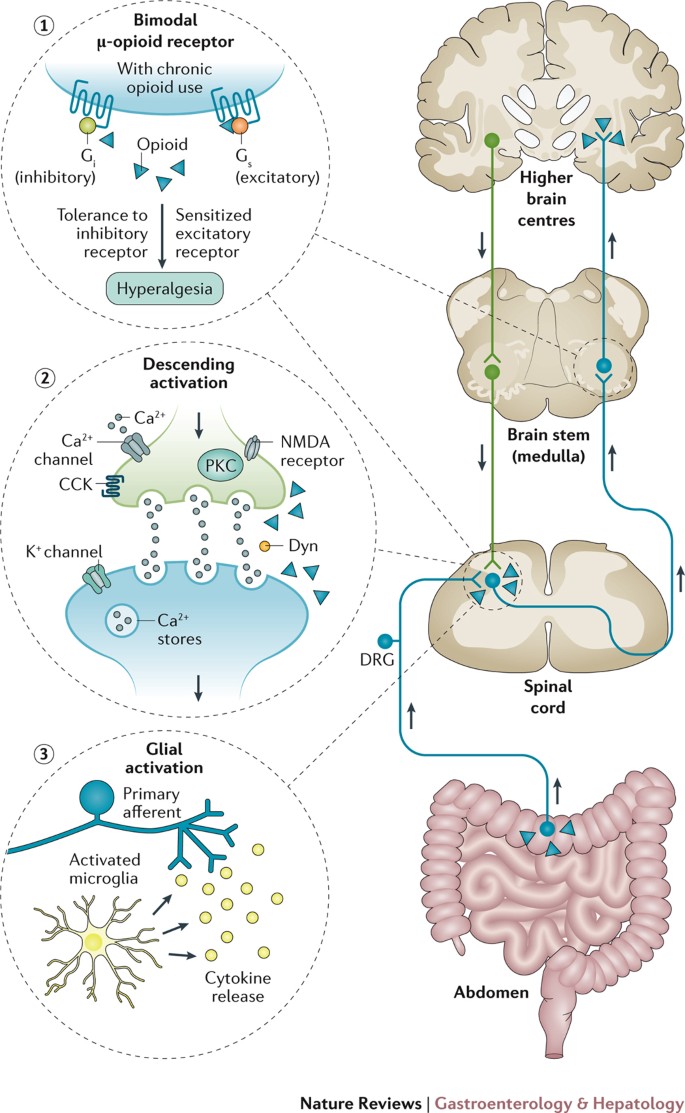




Post a Comment for "Narcotic Bowel Syndrome Requires Withdrawal Gastroenterology"